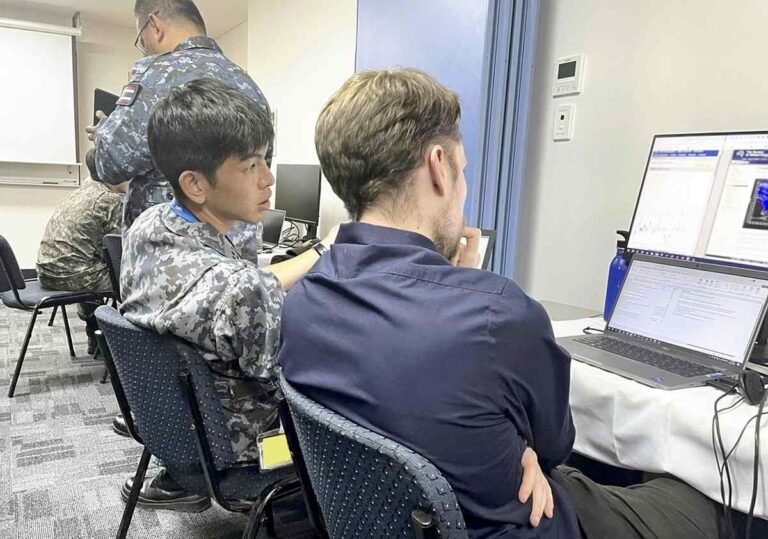Japan’s Air Self-Defense Force (ASDF) has participated in a multinational space defense drill in Australia. The tabletop exercise was part of the Talisman Sabre program, held in July at a military base in Townsville, northeastern Australia. The goal was to boost cooperation between countries with shared interests in space safety and security.
The Talisman Sabre drill is led by the United States and Australia and involves close to ten nations. This marked the first time the ASDF took part in the space-focused portion of the drill, although it has joined U.S.-hosted tabletop exercises in the past.
During the event, military teams practiced how to detect and assess jamming signals aimed at satellites. They also worked on strategies to prevent satellite crashes caused by space debris. These steps are vital as more countries rely on satellites for communication, defense, and surveillance.
The exercise comes at a time when space is becoming a new arena for national defense planning. While the Outer Space Treaty of 1967 bans the placement of nuclear weapons in orbit and promotes the peaceful use of outer space, concerns are growing over new technologies that may harm satellites. Reports suggest that countries like China and Russia are developing advanced satellite-disabling tools, often referred to as “killer satellites.”
In response to these growing risks, Japan’s Defense Ministry has outlined new space defense strategies. These guidelines stress the need for better tools to track threats and to protect key satellite systems. One of the plans includes launching a surveillance satellite by fiscal 2026. This satellite will help detect suspicious activity in space and support broader efforts to monitor and manage space-based threats.
Japan is not alone in seeing the need for stronger action in this area. Many nations are recognizing that space is a shared environment, and protecting it requires joint effort. Military leaders believe that no country can manage these risks alone.
First Lieutenant Keigo Haneishi, who led the ASDF team in the exercise, highlighted the importance of teamwork. He said that the drill was a chance to grow trust and cooperation among participating countries. He also pointed out that since there are no physical borders in space, nations must work together to solve problems and respond to threats.
The growing use of satellites in daily life and national security has made the space domain more important than ever. Satellites support phone networks, weather updates, GPS navigation, and military operations. Any disruption can affect both civilian life and defense systems.
The tabletop format of the drill allowed military teams to test responses to realistic space threats in a safe and controlled setting. They discussed best practices and shared their own country’s approaches to space safety. These simulations help create shared protocols, making joint responses quicker and more effective during a real crisis.
The recent exercise also showed that trust among countries with similar values is key to building stronger space security. By practicing together, these nations can better prepare for growing risks in orbit.
Japan’s role in the drill signals its growing commitment to being an active player in space defense. It also reflects the country’s focus on working with allies and friendly nations to keep space safe and open for peaceful use.
As space becomes more crowded and more contested, drills like Talisman Sabre are expected to become more common. With more countries sending satellites into orbit, coordination and awareness will be critical in avoiding conflicts and accidents.
The space defense drill in Australia marks a major step forward in international efforts to make outer space a safer place. It highlights the need for continued global cooperation and vigilance in the face of rising threats.







